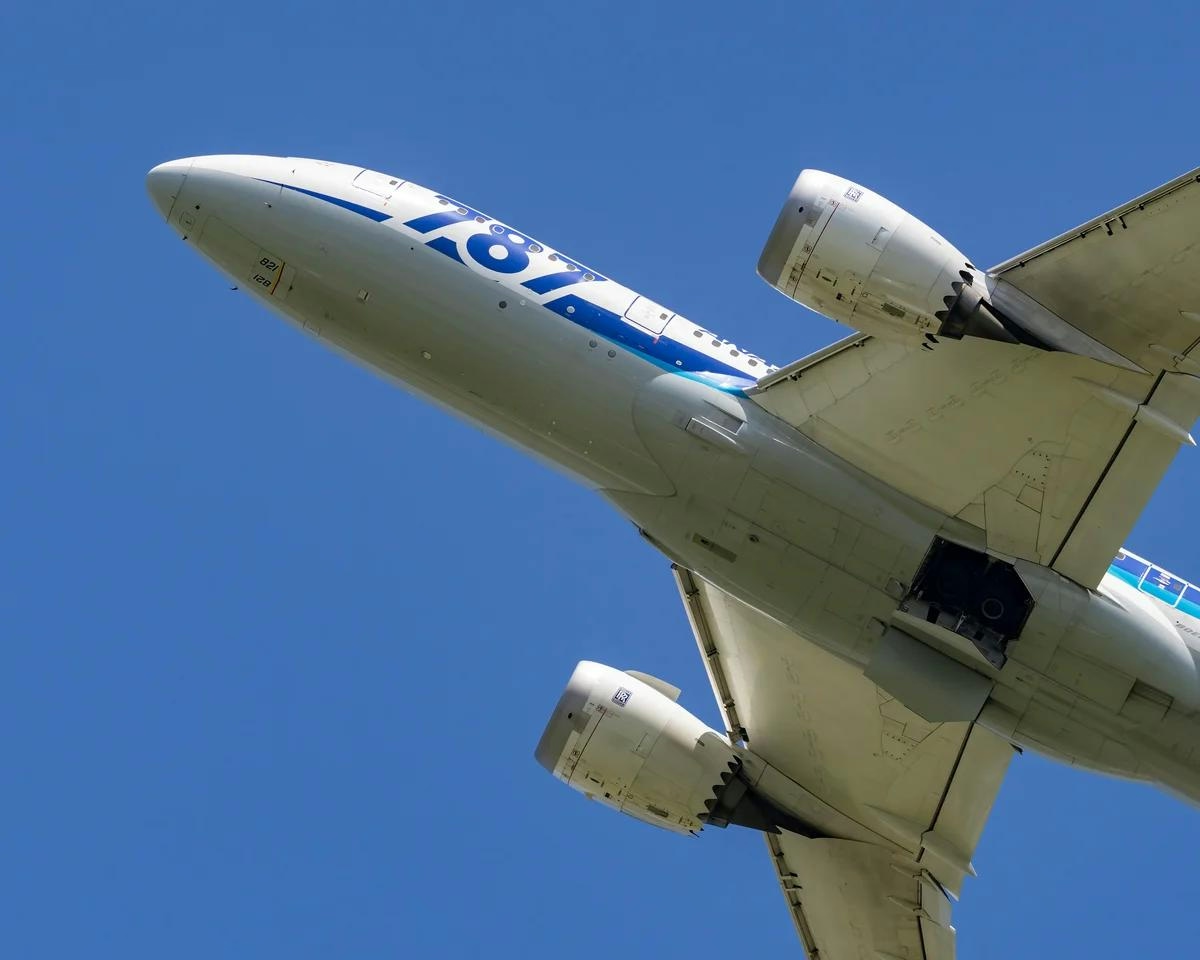AeroGenie — Your Intelligent Copilot.
Trending
Categories
Etihad Advises Caution and Orders Inspection of Fuel Control Switches on Boeing 787s

Etihad Advises Caution and Orders Inspection of Fuel Control Switches on Boeing 787s
Heightened Vigilance Following Air India Crash Investigation
Etihad Airways, based in Abu Dhabi, has issued a directive urging its pilots to exercise increased caution when operating the fuel control switches on its Boeing 787 fleet. This advisory accompanies an order for a thorough inspection of the locking mechanisms associated with these switches. The airline’s measures come amid ongoing investigations into the June 12 crash of an Air India Boeing 787-8, which, while not yet identifying any definitive technical faults, have brought renewed scrutiny to the operation of these critical cockpit controls.
In a bulletin dated July 12, Etihad instructed its flight crews to remain vigilant when handling the fuel control switches or any nearby controls. Pilots were also advised to ensure that no objects are left on the pedestal that could inadvertently cause the switches to move and to promptly report any irregularities encountered during flight operations. The airline emphasized that these precautions are being implemented “out of an abundance of caution” as the official safety investigation involving another Boeing 787 operator remains unresolved.
Regulatory Context and Industry Response
Etihad’s directive follows a recent communication from the U.S. Federal Aviation Administration (FAA) to global aviation authorities, which reiterated a 2018 advisory concerning the disengagement of fuel control switch locks. This reminder was prompted by preliminary findings from Indian investigators examining the Air India crash, although no conclusive cause has yet been established.
Despite the heightened attention, both the FAA and Boeing have reaffirmed the safety and regulatory compliance of the fuel control switch locking mechanisms. Nevertheless, the exact circumstances that led to the movement of these switches during the Air India incident remain unclear, prompting continued scrutiny from airlines, regulators, and industry stakeholders.
Technical Inspections and Industry Implications
In a separate technical bulletin, Etihad has directed its engineering teams to perform detailed inspections of the fuel control switch locking features across its Boeing 787 aircraft. The procedures outlined include verifying the proper engagement of the locks and, where necessary, replacing the thrust control module housing the switches.
As the investigation into the Air India crash proceeds without definitive conclusions, Etihad’s proactive approach exemplifies the broader aviation industry’s cautious stance. The situation continues to be closely monitored by regulatory bodies and competitors alike, with potential ramifications for Boeing and its airline customers should any new safety concerns arise.

Electric Aircraft Market Outlook Through 2035

Capital A Completes Sale of Aviation Business to AirAsia X

Four Gateway Towns to Lake Clark National Park

PRM Assist Secures €500,000 in Funding

Should Travelers Pay More for Human Support When Plans Go Wrong?

InterGlobe Aviation Shares Rise 4.3% Following January Portfolio Rebalancing

Key Market Segments Shaping Airline Route Profitability Software

Locatory.com Gains Traction Among Aviation MROs and Suppliers

JetBlue Flight Makes Emergency Landing Following Engine Failure

58 Pilots Graduate from Ethiopian University
